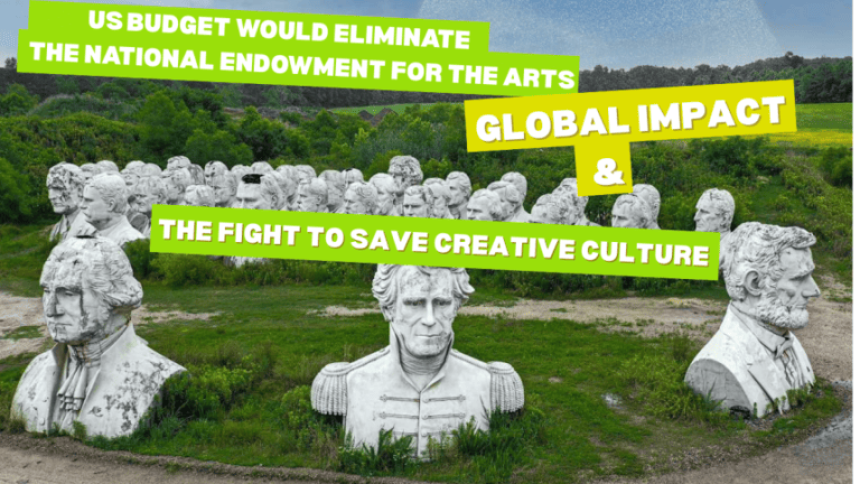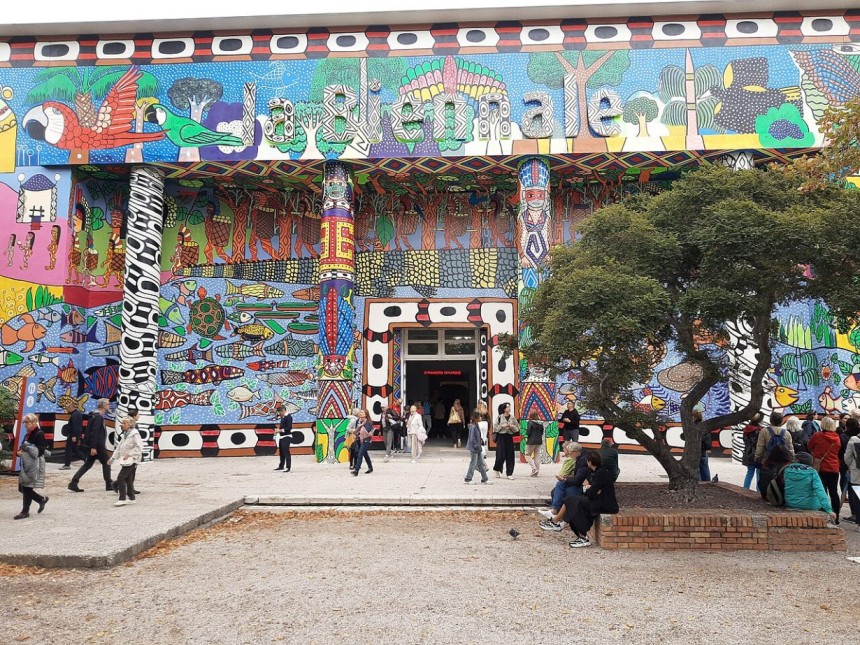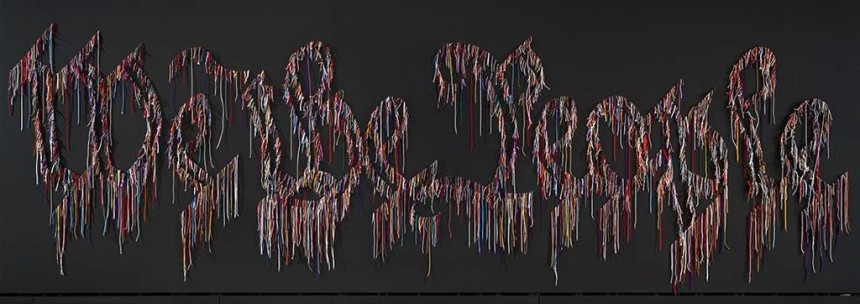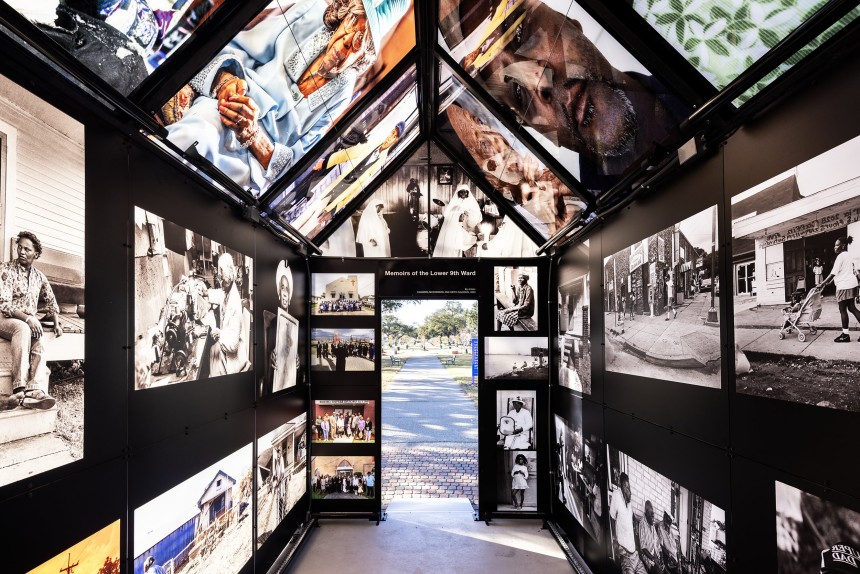
US Budget Would Eliminate the National Endowment for the Arts:
Global Impact and the Fight to Save Creative Culture
The US administration’s 2025 budget proposal calls for the elimination of the National Endowment for the Arts (NEA), the United States’ largest public arts funder. This move, part of a broader effort to shrink government, would not only devastate American arts organizations but also send shockwaves through the global creative community.
A Blow to Creatives at Home and Abroad
The NEA has supported arts organizations and projects in every U.S. congressional district, fueling innovation, education, and cultural exchange for six decades. Its grants, though often modest, are vital for small and midsize organizations, especially in rural and underserved communities. These grants help sustain music, theater, dance, literature, and visual arts programs that might otherwise disappear.
The ripple effects extend globally. American artists and institutions frequently collaborate with international partners, and NEA-backed projects often tour or are showcased abroad, shaping perceptions of American culture and fostering cross-border dialogue. The loss of NEA funding would likely curtail these exchanges, reducing opportunities for international artists to engage with U.S. audiences and vice versa.

Immediate Fallout and Creative Resistance
The announcement triggered an immediate backlash. Hundreds of organizations received notices that their NEA grants for 2025 were being terminated or withdrawn, with the agency shifting priorities to projects that “reflect the nation’s rich artistic heritage” as defined by the administration. Senior NEA officials resigned in protest, and leading arts advocates condemned the cuts as “shortsighted and detrimental,” warning that the arts sector’s reach and diversity would be severely diminished.
Artists and supporters have mobilized, sending protest letters, organizing public demonstrations, and lobbying Congress to restore funding. Prominent figures argue that the NEA’s elimination is not just a budgetary issue but a threat to freedom of expression and the nation’s cultural legacy. Lawmakers from both parties-especially those representing rural districts-have pledged to fight the cuts, citing the NEA’s impact on education, local economies, and community well-being.

Global Ripple Effects: Key Events at Risk
The NEA has long played a crucial role in supporting U.S. involvement in international arts showcases. Without its funding, several high-profile events and collaborations face uncertainty:
Venice Biennale:
U.S. participation in the 2026 Venice Biennale-the world’s oldest and most prestigious international art exhibition-is in jeopardy. The NEA typically initiates the grant process 18 months in advance to help fund the American Pavilion and support artists, curators, and logistics. Without this federal backing, the U.S. may be unable to maintain its presence, undermining American artists’ visibility and cultural diplomacy at a global level.
International Theater and Music Festivals:
Grants to organizations like Berkeley Repertory Theater and New York’s Central Park SummerStage have been canceled, jeopardizing their ability to commission new works, tour internationally, and participate in cross-border festivals. These organizations often serve as cultural ambassadors, introducing U.S. talent to the world.
Arts Education and Exchange Programs:
Nonprofits such as the Chicago-area Open Studio Project, which foster international arts education and exchange, have lost NEA funding. This cuts off opportunities for emerging artists to collaborate globally and for U.S. students to engage with international peers.
How Artists and Advocates Are Fighting Back

Protest Letters and Advocacy:
Hundreds of artists have signed open letters, lobbied Congress, and used social media to highlight the impact of these cuts, urging lawmakers to restore funding and protect the NEA’s international role.
Public Demonstrations:
Demonstrations and awareness campaigns are being organized at major institutions and public events to rally support and pressure policymakers.
Appeals and Legal Action:
Some organizations are appealing the grant cancellations and exploring legal avenues to challenge the administration’s actions.
What Can Be Done
Organizations may seek alternative funding from private donors, foundations, and international partners to sustain participation in events like the Venice Biennale.
Contact Elected Officials:
Constituents can urge their representatives to support NEA funding, emphasizing the importance of global cultural engagement.
Private and International Partnerships:
Organizations may seek alternative funding from private donors, foundations, and international partners to sustain participation in events like the Venice Biennale.
Amplify Success Stories:
Sharing the stories of NEA-supported artists and projects that have achieved international acclaim can help build public and political support.

The US administration’s proposal to eliminate the NEA is more than a budget cut-it’s a direct challenge to the infrastructure that supports creativity, diversity, and cultural diplomacy in the U.S. and beyond. The fight to save the NEA is ongoing, with artists, advocates, and lawmakers working to ensure that the arts remain a vibrant and accessible part of American-and global-life.
---Articles Referenced in this Blog---
The New York Times: "Trump Seeks to Eliminate the National Endowment for the Arts"
The Washington Post: "National Endowment for the Arts cancels grants to publishers, theaters"\
TIME: "What is the National Endowment for the Arts and How Is It Funded?"
Common Dreams: "Trump Attacks National Endowment for the Arts"
The New York Times: "Amid Trump Cuts, Officials Resign From the National Endowment for ..."
About the Author
Nikki Lopez is a seasoned professional with over a decade of experience in the startup world, specializing in leveraging creative content and community building to empower content creators. Known for a strategic approach and a deep understanding of audience needs, Nikki has a proven track record of leading the development of engaging content strategies and guiding the growth of thriving communities. Her leadership focuses on fostering meaningful interactions and impactful journeys for both creators and their audiences.





